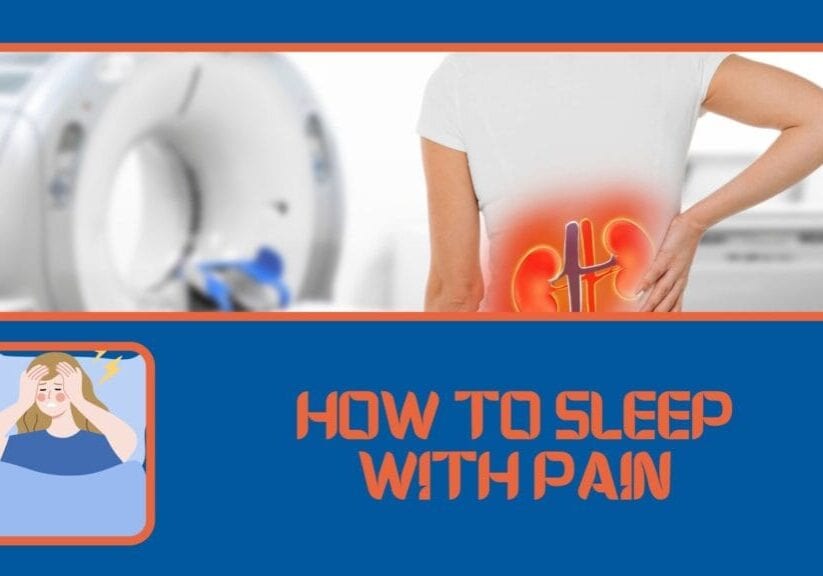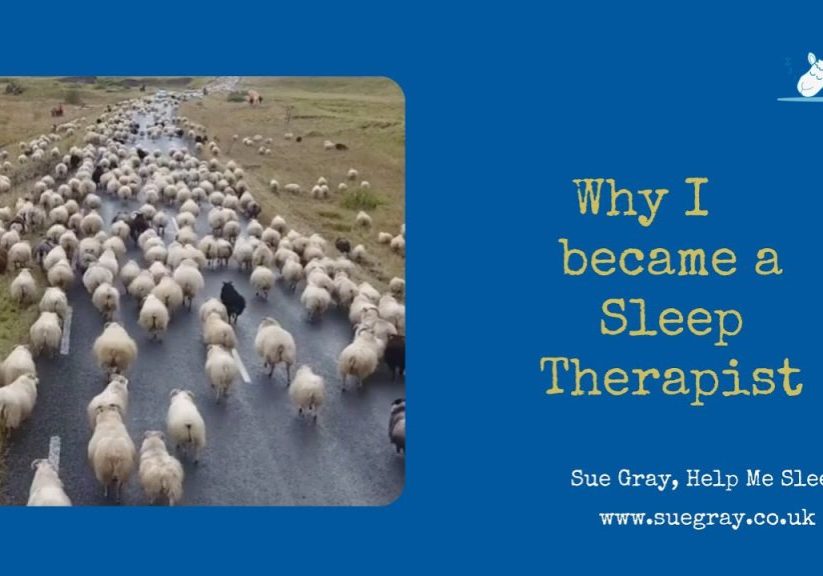Even small amounts of sleep lose can ruin our concentration and leave us feeling tired the next day. Many reports into disastrous accidents highlight lack of sleep as an issue, from the Croydon tram crash to the Challenger Space Shuttle, where some managers had had as little as two hours sleep.
Today, I want to talk about the about contentious issue of napping. Traditional wisdom says
“don’t sleep during the day”
“daytime sleep will drive out night time sleep”,
“sleep is a wonderful thing but needs to be tamed”.
However, over the years many experiments over the years have shown the benefits of napping. Richard Wiseman’s brilliant book – Night School: Wake up to the Power of Sleep is defiantly on the side of napping and lists the benefits of different types of naps.
- Even a SIX MINUTE NAP can sharpen your brain, help you to concentrate, especially if you are very tired.
- A short nap, of 10 – 20 minutes will help you feel more alert and may help improve your ability to learn new skills and help blood pressure.
- A long nap – 20 – 60 minutes gives your brain a chance to go into deeper sleep levels and can help with learning. As you are waking from a deeper sleep, you may feel groggy, but this will quickly wear off and leave you feeling more energised.
- A full 60 – 90-minute nap will give your brain a full REM sleep cycle. As well as the other benefits above, this longer nap helps creative and abstract thinking. As you have gone through a fell sleep cycle, you shouldn’t feel groggy when you wake.
- If you need to feel wide away after a 30-minute nap, have a strong cup of coffee beforehand. The caffeine will kick in after about 25 minutes.
- And don’t forget Mediterranean countries have traditionally had siestas!
I suggest that you think about the type of nap you need – 90 minutes might be great but it is possible to spend too much time asleep. Would a 20-minute nap do instead?
And finally, don’t nap late in the afternoon, unless you are going to be really, really late to bed.
There are some sensible warning signs that you might have a sleep problem
Do you feel you not getting enough sleep?
Are you missing out on quality sleep?
Do you regularly feel tired during the day?
Or do you worry you may be sleeping too much during the day?
Or perhaps a snoring partner, chronic pain or some other issue stopping you from sleeping well
If you answer yes to any of these, it is time to take action to see if you can improve your night time sleep and daytime wakefulness. Book your free initial 20 minute consultation today and discover how you can quickly and naturally improve your sleep.









